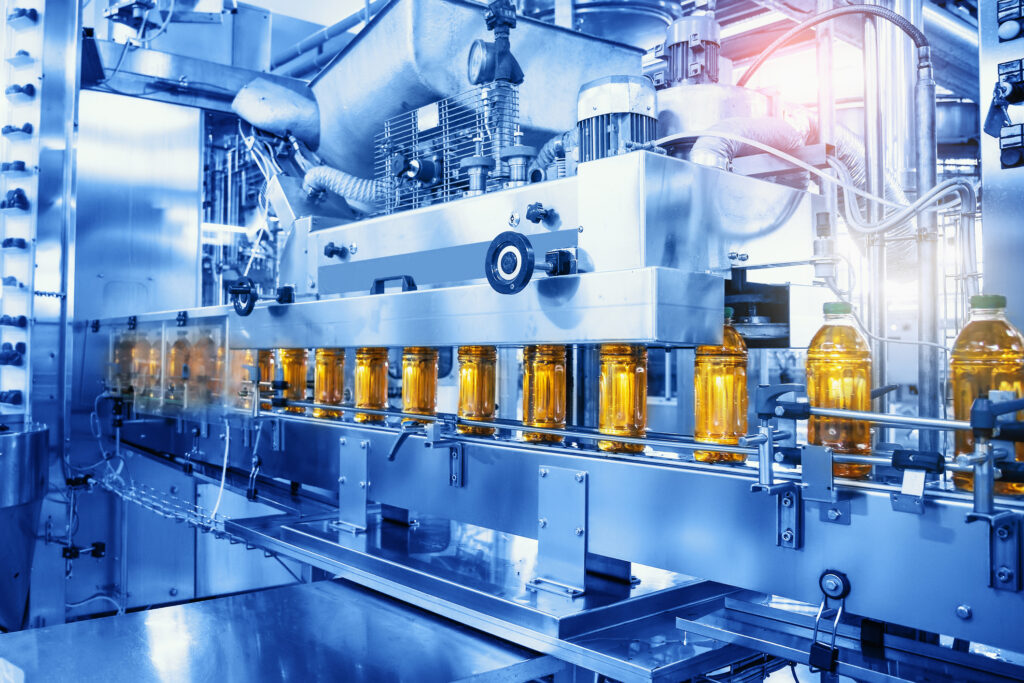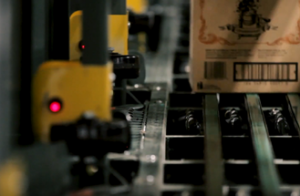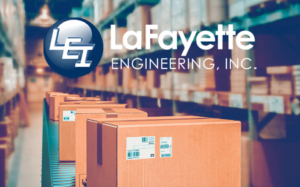Table of Contents
Conveyor controls are the unsung heroes of the material handling world. These intelligent systems orchestrate the efficient movement of goods throughout your facility, ensuring a smooth flow and maximizing productivity. But with such a vital role, understanding the different types of conveyor controls and their functionalities is crucial.
This informative guide delves into the world of conveyor controls, exploring 10 compelling ways they elevate your material handling operations. By the end, you’ll gain a deeper appreciation for these innovative systems and recognize their potential to transform your production line.
1. Enhanced Efficiency and Throughput
Conveyor controls play a pivotal role in optimizing the flow of materials. They allow for precise speed control, ensuring products move at the optimal pace to prevent bottlenecks and delays. Additionally, features like automatic sorting and diverting capabilities can significantly improve throughput and keep your operation running smoothly.
2. Improved Accuracy and Precision
Modern conveyor controls boast advanced features that enhance accuracy and precision. Variable speed drives enable fine-tuning of conveyor speed based on product weight or type. Encoders and sensors provide real-time feedback on product positioning, allowing for precise control and minimizing errors during sorting and routing.
3. Increased Safety
Safety is paramount in any production environment. Conveyor controls contribute significantly to a safer workplace by incorporating features like emergency stop buttons and automatic shut-off mechanisms. Additionally, sophisticated controls can integrate with safety sensors to detect potential hazards like jams or misaligned products, triggering immediate shutdowns to prevent accidents.
4. Reduced Downtime
Conveyor control systems offer valuable diagnostic tools that help identify potential problems before they occur. By monitoring vital parameters like motor temperature and belt tension, these systems can alert operators to potential issues, allowing for preventative maintenance and minimizing unexpected downtime.
5. Enhanced Flexibility and Scalability
Today’s conveyor controls are designed with flexibility in mind. They can be easily programmed to accommodate different product types, varying production schedules, and even future expansion plans. This scalability allows you to adapt your conveyor system to evolving needs without significant hardware modifications.
6. Integration with Other Systems
Modern conveyor controls seamlessly integrate with other systems within your facility, creating a centralized control hub. This enables synchronized operations with robots, automated storage and retrieval systems (ASRS), and other equipment, fostering a truly automated material handling ecosystem.

7. Data Acquisition and Analysis
Advanced conveyor controls can collect valuable data on various operational parameters. This data can be analyzed to identify bottlenecks, optimize speed settings, and monitor overall system performance. These insights empower you to make data-driven decisions that continually improve your material handling efficiency.
8. Remote Monitoring and Control
Conveyor control systems can communicate wirelessly, allowing for remote monitoring and control. This enables operators to oversee the entire conveyor network from a centralized location and make adjustments on the fly. Additionally, remote access facilitates faster troubleshooting, minimizing response times to potential issues.
9. User-Friendly Interface
Gone are the days of complex and intimidating conveyor control interfaces. Modern systems prioritize user-friendliness with intuitive dashboards and user-friendly interfaces. This ensures clear system operation visibility even for non-technical users, minimizing training requirements and simplifying operator interaction.
10. Reduced Operational Costs
The numerous benefits offered by conveyor controls ultimately translate into significant cost reductions. Improved efficiency leads to increased production, while preventative maintenance minimizes downtime and repair expenses. Additionally, features like variable speed control help optimize energy consumption, further reducing operational costs.
Frequently Asked Questions About Conveyor Controls
Q: What are the different types of conveyor controls?
A: Conveyor controls range from basic on/off switches to sophisticated programmable logic controllers (PLCs). The complexity of the system depends on the conveyor type and the desired level of automation.
Q: How do I choose the right conveyor controls?
A: Consider your specific needs, including conveyor type, desired functionality level, budget, and future expansion plans. Consulting with a reputable conveyor control supplier like Lafayette Engineering will help you determine the best solution for your application.
Q: Can conveyor controls be retrofitted to existing systems?
A: In many cases, yes. Depending on the existing system and desired upgrades, conveyor controls can often be retrofitted to breathe new life into your existing material handling infrastructure.
Partner with Lafayette Engineering for Expert Conveyor Control Solutions
Lafayette Engineering https://www.lafayette-engineering.com/about-us/ is a leading provider of sophisticated conveyor control solutions. Our team of experts can assess your specific needs, design a customized control system, and ensure seamless integration with your existing infrastructure.
Benefits of partnering with Lafayette Engineering:
- Extensive experience: Our team possesses in-depth knowledge of various conveyor control systems and their applications.
- Customizable solutions: Our design control systems tailored to your unique requirements
- Advanced technology: We leverage cutting-edge technology to deliver reliable and high-performance control systems.
- Unwavering commitment to safety: Safety is a core value at Lafayette Engineering. Our control systems prioritize operator safety and incorporate industry-best safety protocols.
- Comprehensive support: We offer ongoing support and maintenance services to ensure your conveyor control system functions optimally for years to come.
Elevate your material handling operations by investing in a state-of-the-art conveyor control system from Lafayette Engineering. Visit our website
https://www.lafayette-engineering.com/about-us/ or connect with them on LinkedIn https://www.linkedin.com/company/lafayette-engineering-inc- to discuss your project requirements today!
By harnessing the power of conveyor controls, you can unlock a new level of efficiency, accuracy, and safety within your material handling operations. Don’t wait any longer – take control of your production line and experience the transformative power of intelligent conveyor control systems.



